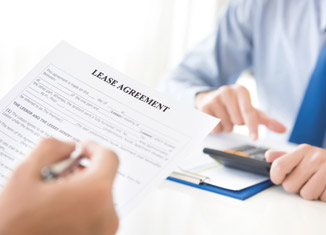Well, here we are in 2025 and I hope you had an enjoyable festive period and have arrived on the other side, reinvigorated and ready to face whatever the New Year has in store. I’ve been involved in property development for over 40 years now, and it occurred to me that there were quite a few things that even experienced developers don’t know about, mainly because they’ve either never stopped to think about them, or they’ve never encountered them before. So, rather than bang on about how I need to radically rethink my diet in 2025, I thought I’d instead share with you a few things that I think most people doing development don’t know about – yet they most certainly should. So, here goes:
1. Consider A Two-stage Construction Contract
This is particularly useful when converting older buildings, where there could be all manner of horrors lurking beneath the surface. The problem is that until you’ve stripped out the building, you can’t see the extent of any issues. And if your contractor is on a fixed-price contract, they’re going to have to price in the risk of uncovering problems during the strip-out. Instead, consider having a two-stage contract where the contractor only gives you a price for the construction stage once they’ve carried out the strip-out stage. This also keeps their pricing keen since you’re not obligated to give them the stage two work.
2. Don’t Go To Tender Too Early
If you go to tender too soon, you won’t be able to give contractors sufficient detail because you won’t have yet worked out precisely what you’re asking them to build. As a result, they’ll need to price in additional risk into their quotes to account for this. Instead, spend time adding detail to your finishes schedule, lighting layouts, and structural and architectural drawings. The more detail you give them, the more certain they can be of their numbers and the keener pricing you should get.
3. Always Study Deeds
It amazes me that even experienced developers don’t think to do this. You should always check out the deeds, not only of your own property but also of any neighbouring properties. You not only need to know whether there are any restrictions, covenants, or rights of way listed, but you also want to be on the lookout for potential ransom strips, i.e. where you’ll need to use land owned by a neighbour for access or services.
I had a recent project where it turned out we had access rights across a neighbour’s land, but it was only mentioned in their deeds and not in ours. So, be sure to check.




















